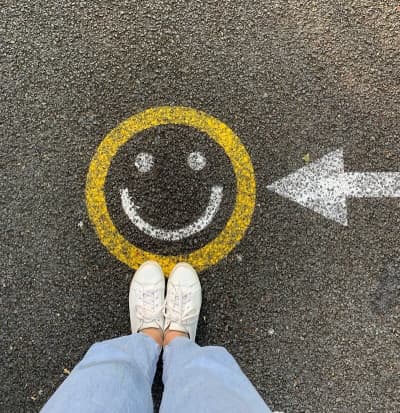Last week I started my blog with a story – a traditional fairy-tale.
Some people found the story charming, as I did myself, but not everyone. In fact, some people found it offensive.
I was distressed by this and discussed it with friends. One of my friends, an experienced therapist, pointed out that communication is not what is said, but what is heard, and suddenly it all made sense.
If you’re interested, you might like to go back a week and remind yourself of the tale. I’ve looked at it again and found several points that could be deemed offensive or are, at least, contrary to our modern thinking:
1. The story is about a prince – why a prince? Wealth and privilege are touchy subjects.
2. He is male. Why should men always get the best adventures?
3. The Evil Enchanter is a trope, giving all witches and workers in magic a bad name.
4. The question, “What do women really want?” and the reply, is sexist.
5. The heroine is referred to as an “Old Hag,” a deeply offensive term.
6. The story is ageist and puts undue value on youth and physical beauty.
7. Marriage (to a prince) is seen as the highest goal for women.
Looking at that list, it is easy to see how those elements could totally obscure its universal message about freedom and choice.
So, I apologise for using that story without at least a disclaimer or framing it as a story of its time – early 1400s, I think.
I was a victim of my own unconscious biases; I was speaking from my own love of fairy-tales.
We all do this. We speak and act from our own loves and life-experiences and are then hurt or angered when we are misunderstood. It’s not easy, however, to avoid doing so. After all, we have only our own loves and experience to speak from.
In his book, “The 7 Habits of Highly Effective People,” Stephen Covey lists Habit 5 as “Seek first to understand, then to be understood.” It’s a good habit, albeit an aspirational one.
If we are honest, we all want to be understood (although I’m not at all sure I want to be totally understood). You’re reading this because, I assume, you are living with depression, bipolar disorder or other mental health condition you find this site helps you with. I think we would all like depression and mental health issues to be better and more widely understood.
But how do we go about seeking first to understand? Our unconscious biases are exactly that: unconscious and invisible to us.
I suppose the first step is to listen to feedback and to seek it from those outside our comfortable and familiar circle; we need to be up for challenge and to be prepared to change our thinking. That’s never comfortable.
So, to those who challenge me in the comments, thank you. You always make me think, and I’m grateful.
Mary
A Moodscope member.



Comments
You need to be Logged In and a Moodscope Subscriber to Comment and Read Comments